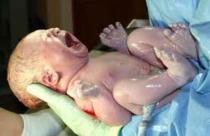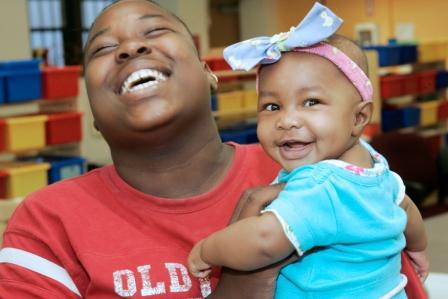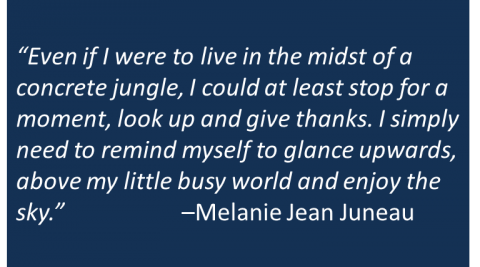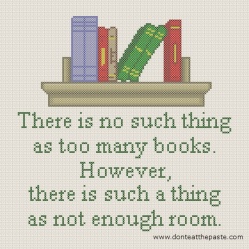Is it true that once you have a child, you life is not your own?
A child’s whole world revolves around his mother for at least 3 years. In fact infants have no sense of an identity separate from their mother till after the “terrible two” are over. The bonding between mother and baby is incredible; a baby’s cry is specifically designed to upset and jump-start Mum into rushing to her infant. The milk let down reflex is even triggered by a cry which can be embarrassing if we dawdle.
This is not social conditioning; new mothers are startled to discover the joy, strong bonds and fierce protective instincts that spring into action the moment they hold their newborn. I had never held a baby, felt completely inadequate but the moment I cuddled my first-born I WAS a mother.
The first 20 minutes are crucial; having Dad in the birthing room and holding their new offspring is the reason fathers are more active in child rearing. I do not believe it is because 0f feminist influences. It is because fathers have bonded with their babies.
And the baby is wired to start this bonding practice. Nurses will point out to new parents that their newborn quickly turns towards the voices of their mother, father, siblings and even grandparents. Babies are focused on eyes and faces. Initially they can only see for about 8″ which is how far Mother’s face is while they nurse and are held.An infant’s rooting reflex kicks into gear moments after birth. Not only that, their instinctual hand grip is almost impossible to pry open.
This is not some anti-feminist rant. Even rabbits have an almost mystical bond with their babies. Baby bunnies put into a water proof cage were submerged 50 feet down in a body of water yet the mother rabbit KNEW exactly when they woke up and cried out for her.
A demanding role for mothers but the sheer joy that comes with the job is incredible. There is nothing like it.
Scripture: John 12:24-26
24 Truly, truly, I say to you, unless a grain of wheat falls into the earth and dies, it remains alone; but if it dies, it bears much fruit. 25 He who loves his life loses it, and he who hates his life in this world will keep it for eternal life.
By dying I did find life in Him.








.jpg)























